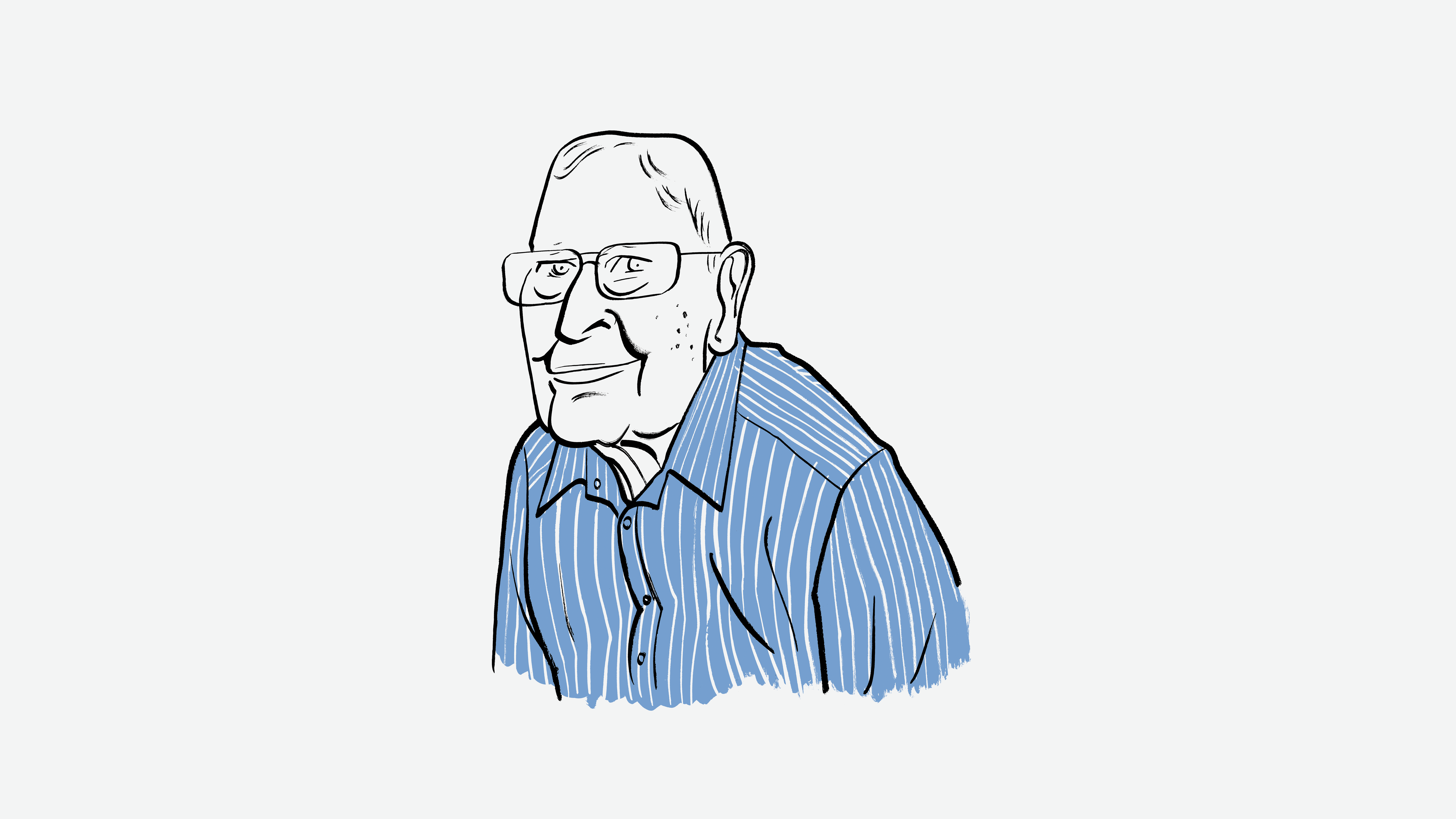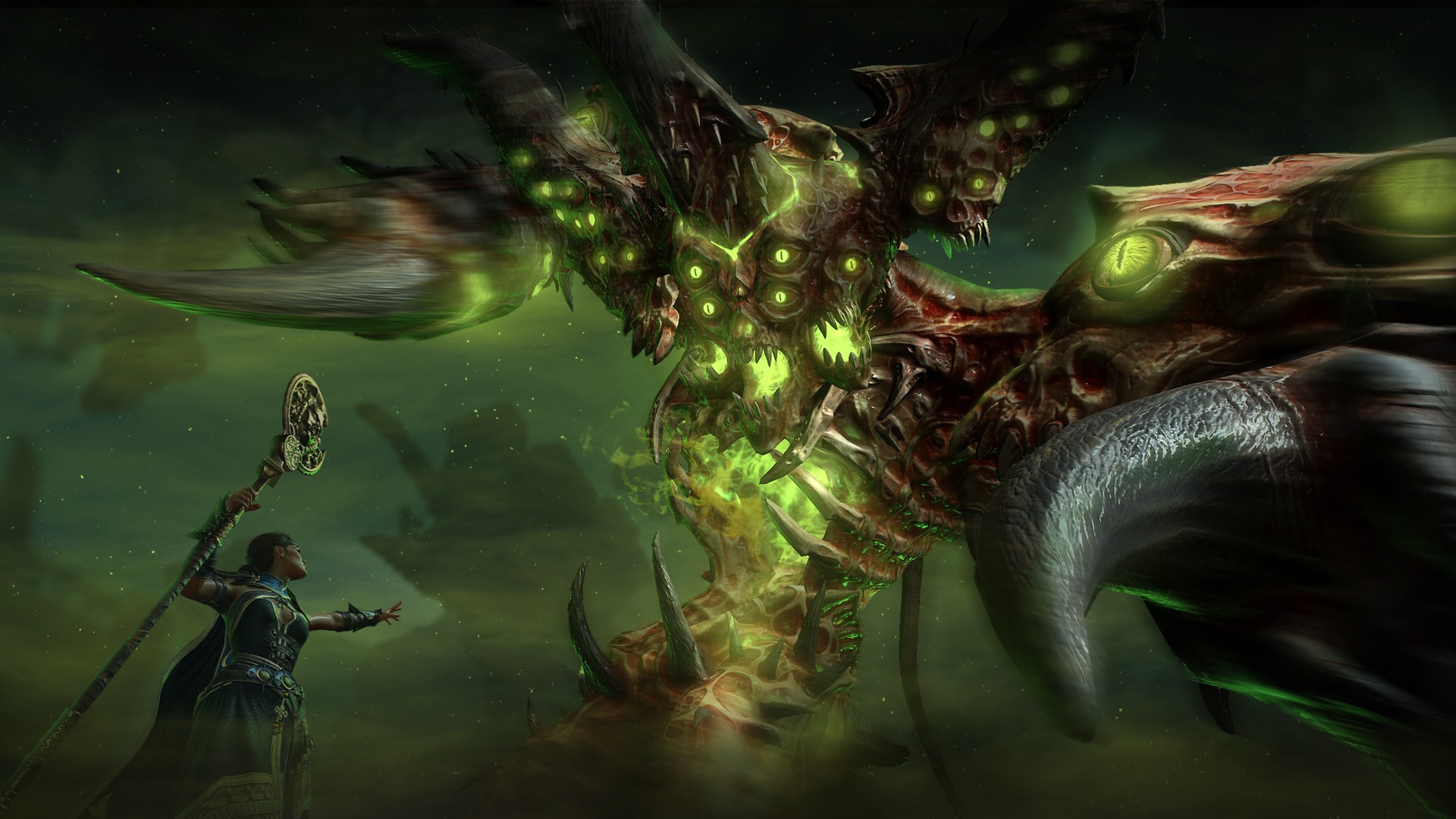Living Through the Market Crash? Ask a Centenarian

Duncan, who still has his hair and his wits, and tooled around behind the wheel of a PT Cruiser until a fender bender last year, was ten years old when the market crashed. At the time, his family had a farm in nearby Hickory Flat. “Cotton, corn, peanuts, sweet potatoes,” he recalled, leaning back in his recliner, beneath a framed certificate from the United Square Dancers of America and a proclamation from the county, which recently designated a Charlie Duncan Day. “We did O.K. for a while,” he went on. “Daddy got up at four-thirty in the morning seven days a week. When he got up, everybody got up.” He spat in a cup. “I’ve used it since I was eight years old,” he said, referring to his snuff. “My grandmother lived with us, and these two old women told her, ‘That boy’s wormy.’ So she started me on tobacco and I passed those tapeworms. I thought my guts was coming out.” In October of 1929, Duncan recalled, his world changed: “I didn’t know what a stock was until somebody told me the whole thing crashed or smashed or whatever it was.” He thinks he heard the news from his father—“That’s how we heard most things,” he said. “All of a sudden you couldn’t sell your crops for nothing,” he added. “You couldn’t make fifty cents in a day on a farm, if you could find somebody to hire you, which you couldn’t.” Duncan had hoped to grow up to be a country doctor. “There wasn’t enough of them around,” he said. “If you had a toothache, he pulled your tooth. A cut? He sewed it up.” The crash scuttled that dream, and the family moved to a new farm. “Me and my brother drove a team of mules hitched to a two-horse wagon,” Duncan said. They paid for eighty-nine arable acres with cotton: “Two bales was the down payment.” The poor economy had stunted schools, too. “You couldn’t get schoolbooks,” he said. “Then our school burned down. You had to walk several miles to another district.” When he was fifteen, his father pulled him out to work full time. In 1931, the family could only get a penny and a half for a bale of cotton. “You had to pile up so many bales after the Depression hit,” he said. At nineteen, he left home to work on a dairy farm, but the owner accused him of being lazy. “I told him to take the job and shove it up his ass,” Duncan said. The phone rang in his room. He ignored it. “I got forty-five calls one Friday,” he said. “All scams. I got one this morning. It was a woman. I said, ‘What do you want? If you gonna want sex, you got the wrong person. That quit working twenty-five years ago.’ ” The events of 1929 left Duncan with a sixth-grade education and a life of mostly physical labor. After serving in the Second World War, he worked at mills and as a craftsman who specialized in bannisters for spiral staircases. He married twice: around forty years to each woman. He flipped a few houses and eventually made a little money, which he did not invest in the stock market. “I can’t afford to lose it, because I can’t make no more,” he said. “So I go the safe way: C.D.s.” Asked whether he had any other general life advice, he listed, in no particular order, good sex, fresh vegetables, the occasional Coors Light, and water aerobics, which he did three times a week until his hips gave out last year. A friend arrived to take him to lunch at a biker bar, whose wall holds a framed photo of Duncan with Rudolph Giuliani, who tracked him down for a preëlection photo op in 2024. (“He said hello, he smiled, then he left,” Duncan recalled, with a shrug.) Back at Benton House, Mariam Bailey, who is a hundred and six, sat down to lunch. She was born near Pittsburgh, the daughter of a minister. The Depression hit the congregation hard. “We just took the fall as it came and did the best we could do,” she said. What was her advice if the market kept dropping, as in 1929? “Just hold on,” she said. “Life is full of ups and downs.” The soup arrived. Bailey narrowed her eyes and took a look. “Cream of something,” she said. ♦





![In 1972, the Soviet Union launched the Kosmos 482 probe to visit Venus. 53 years later, it's finally coming home [Interesting]](https://usrimg-full.fark.net/N/NJ/fark_NJrd_k-mYBHFE5PqSIUa6IwZuBw.jpg?AWSAccessKeyId=JO3ELGV4BGLFW7Y3EZXN&Expires=1746417600&Signature=tC6kHOl0j0aYQhJG1w%2F7UvxreW4%3D)












